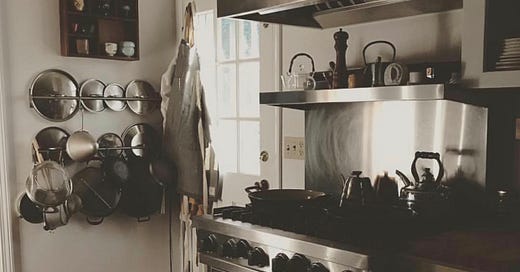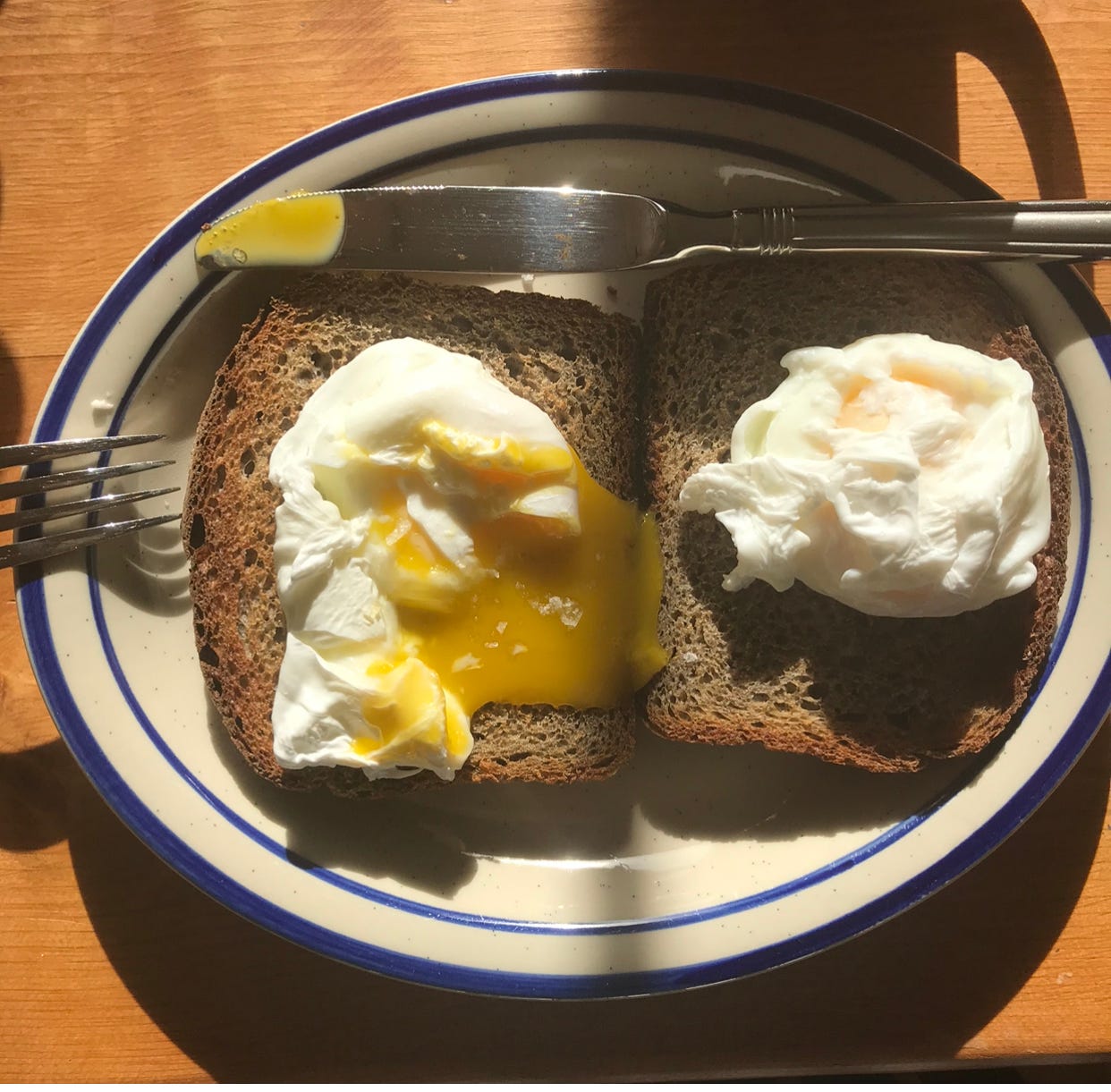In 1991, shortly after my first serious breakup, I moved into my long-dead grandmother’s apartment near Coney Island.
It was far from everything and everyone I knew — an hour and a half by subway through Brooklyn from the West Fourth Street station in Greenwich Village. My father and aunt had decided to keep the apartment at 602 Avenue T and continue paying the $142 monthly rent that had gone up incrementally since they and my grandparents had taken up residence there in 1933, just in case: in case someone lost a home or got divorced, or the bottom fell out. I pretty much hit all of those Just In Cases squarely on the head, and while I had once said that I’d never again cross the threshold, I had no choice: it was move there, or back into my mother’s apartment, and unless I wanted an eventual trip to the transplant list, it was going to have to be Brooklyn. The day he moved me in, my father did two things: he left me with a one liter bottle of Bombay Sapphire Gin, and a stern warning about turning on the oven: don’t.
Two years earlier, I was attending cooking school at night, working at Dean & Deluca during the day, doing some catering out of my tiny walk-up apartment on the weekends, and immersing myself in New York’s late eighties food community. It was a heady and contradictory time, a car-crash of vertical plating and spun-sugar nests encasing Swiss meringues run headlong into a commodified rebirth of cucina povera, and nowhere was it more evident than in my cookware/cookbook department at the store: I sold kitchen tweezers and early sous vide circulators alongside handmade French rolling pins; high-gloss black chargers the size of 1950s Pontiac steering wheels alongside blue and white-striped Cornishware; birds beak paring knives meant for carving radishes into roses alongside elemental carbon steel Sabatier chef’s knives that would rust if you looked at them the wrong way.
The day he moved me in, my father did two things: he left me with a one liter bottle of Bombay Sapphire Gin, and a stern warning about turning on the oven: don’t.
By 1991, I had left professional food, gone back into publishing, and was living in an apartment that, according to my father, hadn’t changed much since 1933, and certainly not at all since I was a child spending my Sundays afternoons there in the sixties and seventies. My self-preservation instinct was wrapped around cooking, and I couldn’t even do that without risking explosion: I couldn’t so much as roast a piece of salmon, or make a meatloaf, a lasagna, or a loaf of bread. The shopping area where my grandmother bought her kosher chickens and her briskets and her challah was too far to walk, so I went in the other direction, to the Italian neighborhood on Avenue U, two blocks away, and found both sides of the street lined in tiny, privately-owned food shops: a salumeria, macelleria, formaggeria, alimentari. A fish store. A green-grocer. A wine shop. The first time I shopped on that street, I was surrounded by a small army of tiny, black-clad, purse-lipped Italian grandmothers who glared at me, and then asked me What you gonna make with that? pointing to my basket containing a head of sprouting broccoli, a loaf of semolina bread, and one fig.
I stammered; they sighed.
I whined to the ladies about the apartment. I told them that my father had warned me about turning on my grandmother’s oven. They laughed. You don’t need no oven, they said. You need to think like a baby, not like a robot.
Gimme a piece of paper and a pencil, one of them said to the clerk. She scribbled down a short list on some brown butcher’s paper, handed it to me, said START HERE, rolled her eyes, and stomped away: it read olive oil, Parmigiana, porcini, garlic, butter, bread, sage, ricotta, egg, lasagna sheets.
I shopped on Avenue U every day for the next eighteen months, and I quickly learned what they meant: come to everything with a beginner’s mind. Don’t make assumptions about what you can and cannot do. Treat every kitchen like a new space. Treat every onion like a new onion. Shop every day and buy what is fresh, and cook it that night. See things new, every day. The first meal I made for myself in my grandmother’s apartment on top of the stove, based on the list that was thrust into my hands: porcini-stuffed ravioli with brown butter and sage. I might have had a glass or six of Orvieto with it, but I can’t remember.
Treat every onion like a new onion.
Almost two years later, I was gone, my things packed up and the keys turned over to my father, who finally relinquished the lease after almost sixty years.
All these years later, after cooking school and Dean & Deluca and years of editing cookbooks and writing about food and nurturing and sustenance and hunger, I realize that I was not writing about food at all, but about survival and living. And this has been the most important lesson I’ve come away with, for almost everything: Beginner’s mind. Whether it’s food or love or finances or finishing my next book or aging or spousing or caregiving or or or: Beginner’s mind. This is the beauty, incredible discomfort, and flailing, maddening truth about the gorgeous humanity of imperfection. Beginner’s mind. This is what the Ladies of Avenue U taught me.
Keep reading with a 7-day free trial
Subscribe to Poor Man's Feast to keep reading this post and get 7 days of free access to the full post archives.






